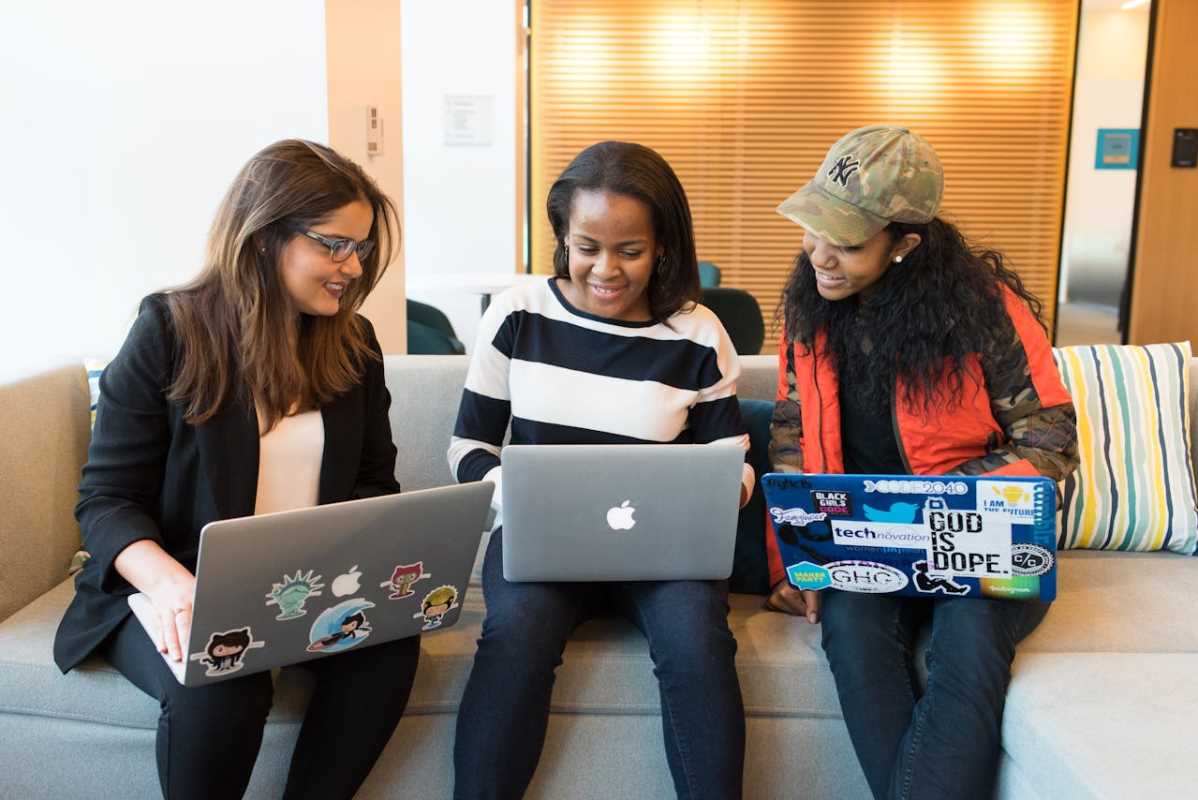Studying in a country where English is not the primary language introduces you to an array of exciting experiences. You immerse yourself in a new culture, pick up another language, and encounter academic ideas from a fresh viewpoint. Participating in a student exchange program can shift your outlook on education, travel, and your daily routine. Living abroad encourages you to move beyond your comfort zone and embrace opportunities that many never have. Each day brings something unexpected, from exploring local customs to communicating with new friends. These moments not only shape your journey but also give you stories and memories that last a lifetime.
While the idea of living in a foreign country may feel a bit scary at first, you can get the most out of the experience by preparing well, staying open to new ideas, and engaging with your new surroundings. This adventure is not just about attending classes—it’s about growing as a person and building connections that last well beyond your time abroad.
Preparing for Your Exchange: Language and Cultural Basics
Before you pack your bags, take time to understand the language and cultural norms of your destination. Preparing ahead of time builds confidence and helps make everyday interactions smoother. Getting familiar with local customs, greetings, and everyday etiquette can boost your comfort level in social settings and academic environments.
Spend a few weeks before your departure to brush up on the language basics and research cultural tidbits. Consider these steps as your checklist for smooth preparation:
- Take introductory language lessons to learn essential greetings and phrases.
- Watch local movies or TV shows to get a feel for the accent and idioms.
- Review cultural etiquette guides to understand unwritten rules in social settings.
- Reach out to alumni or students who previously studied in the same region for insider tips.
- Explore local news and blogs to stay updated on current trends and happenings.
This hands-on preparation will help make your stay more enjoyable and prevent misunderstandings when trying new foods, attending classes, or even just asking for directions.
Starting with language and cultural basics can also spark your curiosity. It encourages you to learn more about the history, traditions, and everyday life of your host country, setting a strong foundation for a smoother transition upon your arrival.
Embracing Local Culture and Building Connections
Engaging with local culture can be one of the most rewarding parts of your exchange. Make it a point to attend community events, participate in local festivities, and try regional dishes—even if they seem unusual at first. Each new experience offers insight into how people live and the values they hold dear.
Building connections with local students and community members enriches your stay. Interact with your classmates outside of academic settings and join clubs or groups that interest you. By discussing topics from music to food, you create opportunities to share experiences and learn new points of view. Such interactions lay the groundwork for lasting relationships that transcend borders.
Academic Success Strategies Abroad
While the cultural experiences are exciting, your time abroad also offers academic growth. Managing studies in another language and mixing different educational practices can challenge you in unexpected ways. Yet, this challenge can transform into an invaluable part of your academic journey.
Organizing your approach to classes and assignments can help you do well in a foreign academic system. Here are some tips to keep your studies on track:
- Attend all classes and actively participate in discussions to practice the language.
- Form study groups with both local and international students to exchange ideas and help each other with coursework.
- Spend extra time in the library or study centers when you need clarification on lectures or materials.
- Keep in touch with your professors through emails or office hours; ask questions to make sure you follow the curriculum.
- Utilize campus resources such as language labs, tutoring services, or writing centers to enhance your learning.
These methods not only improve your academic performance but also help you adjust to a different teaching style. Tackling assignments and projects in a diverse learning environment brings new insights and enriches your overall education experience.
Focusing on your studies while appreciating the cultural context around you can turn typical academic challenges into opportunities for personal and educational growth.
Navigating Daily Life: Practical Tips for Non-English-Speaking Countries
Every day in a non-English-speaking country brings its own set of practical challenges. Simple tasks like grocery shopping, using public transportation, or handling bureaucratic forms require a blend of observation and adaptability. It helps to prepare a list of local phrases for essential activities, so you quickly learn to ask for help when needed.
Plan your daily routes and understand the local public transport system. Being proactive in learning how the conversation flows within a local context makes your routine much smoother. Don't hesitate to ask locals for assistance or clarification when facing any difficulty in everyday tasks.
Overcoming Challenges and Adjusting to New Environments
Living in a new country can bring moments of homesickness and cultural misunderstandings. Feeling frustrated at times is normal, and recognizing these challenges can help you find ways to overcome them. Keeping a journal of your experiences might provide clarity and a sense of progress as you adapt. Finding a balance between exploring and settling into a routine offers a sense of stability amid change.
Use available resources and do not shy away from seeking support. Universities often provide counseling services or forums where students share similar experiences. By talking about your concerns with peers or academic advisors, you can discover practical tips that ease your stress and help you build resilience.
Making Your Experience Count: Use Exchange Opportunities After Returning Home
Your time abroad leaves you with memories and skills that continue to serve you well after you return. Make it a priority to reflect on your experiences and figure out how they have shaped your perspective. Compile your favorite moments, challenges you conquered, and the new skills you picked up. Share these stories with friends, family, or classmates to highlight the value of stepping into a different world.
Keep the connections you made alive by staying in touch and even planning future meet-ups or cooperative projects.
Transform your exchange experience into a stepping stone for future adventures. By actively applying what you’ve learned while abroad, you set up a path for ongoing personal and academic development long after your return.
Your exchange abroad not only broadens your academic horizons but also enriches your life with diverse cultural insights. Embrace every challenge and enjoy every moment—every experience adds a layer to your personal growth.
Experiencing a new culture creates lasting memories and makes your time abroad truly transformative.
 (Image via
(Image via





